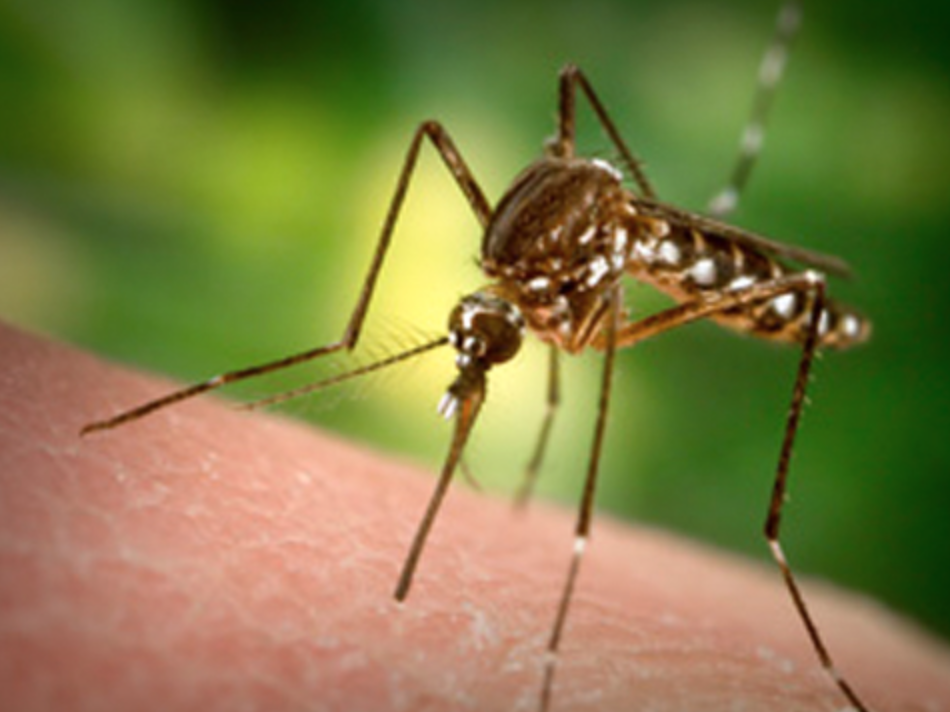It’s nearing mid-summer and with the recent rainstorms that passed through the region, it’s certain that in time at all, outdoor activities will be impacted by an influx of mosquitoes. The Belmont Department of Health has issued this press release to warn residents of the danger the insect can inflict on people:
As we all recall, last winter saw significant snowfall and the mosquito breeding environments in and around Belmont are primed for a large number of mosquitoes this year. As always, we need to think about avoiding mosquitoes as well as ensuring that we keep our home environment and yards mosquito free. Mosquitoes are not just a nuisance. Unfortunately they also carry disease to humans which makes it exceedingly important to practice safeguards against mosquito bites. The risk of becoming infected with mosquito-borne disease is highest from late July through September; you should also know that the recent heavy rains will contribute to a large population of mosquitoes.
Belmont is part of the East Middlesex Mosquito Control Project, and as in recent years, workers from that project have already started to treat Belmont’s catch basins with mosquito growth inhibitors, which help to reduce one of the biggest sources of mosquitoes in this community.
Residents should, however, take note of the following suggestions to protect themselves from mosquitoes:
- Avoid outdoor activities between dusk and dawn, if possible, as this is the time of greatest mosquito activity.
- If you must be outside during that time, wear long-sleeved shirts and long pants. If you choose to apply a chemical based repellant containing DEET, follow the manufacturer’s directions carefully. Parents should NEVER use DEET on infants; use a 10 percent or less DEET concentration on children and 30 to 35 percent or less on adults.
- Make sure as much skin as possible is covered when children are outdoors and cover baby carriages with netting.
- Fix all holes in screens and make sure doors and screens fit tightly.
To reduce the mosquito population around your home, eliminate all standing water that is available for mosquito breeding and follow these simple guidelines:
- Dispose of, or regularly empty, any metal cans, plastic containers, ceramic pots and other water holding containers.
- Pay special attention to discarded tires that may have collected on your property. Tires are a common place for mosquitoes to breed. For that reason, it is a violation of the Nuisance Regulations to leave tires stored outdoors.
- Clean clogged roof gutters; remove leaves and debris that would prevent good drainage. This may be the single biggest source of mosquitoes in any neighborhood.
- Turn over plastic wading pools and wheelbarrows when not in use.
- Swimming pools should be kept properly filtered and chlorinated. They should never be allowed to remain stagnant. Mosquito “dunks” can be purchased at many hardware stores to treat pool water if you must leave your pool unattended for keep the pool cover on for a significant period of time.
- Use landscaping to eliminate areas of standing water on your property. Reducing insect harborage is one of the goals of the Health Department’s nuisance regulations, which ask that residents remove piles of rubbish, debris, yard waste, etc. from their yards.
If you have any questions, please call the Health Department at 617 993-2720








Leave a Review or Comment